What Is the Difference Between Herbs and Spices?
What’s the difference between herbs and spices?
I often hear the words herbs and spices used interchangeably, but they are actually very different seasonings and they have different effects on the health.
What is the difference between herbs and spices?
The words herbs and spices are often used interchangeably, but spices and herbs are very different ingredients, and the two have very different effects on the health.
Herbs
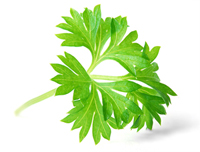
Herbs are a healthful addition to the diet and can be used freely to flavor food. They do not increase the appetite, and some (such as rosemary, basil, and oregano) actually help with weight loss.
Culinary herbs generally come from the leafy part of herbaceous plants that grow in temperate climates. For example, basil, oregano, cilantro, and parsley are all herbs.
Spices
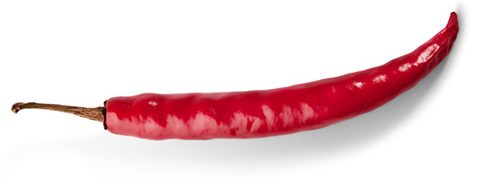
Spices are generally the bark, buds, roots, seeds, or fruit of plants and usually have a tropical origin. For example, ginger (a root), nutmeg (a seed), cloves (a bud), and cinnamon (bark) are all spices.
In addition, any peppers that contain capsaicin are considered a spice, are irritants to the mucous membranes and the stomach, and carry other negative health effects.
Health Effects of Spices
Due to their chemical composition, many spices are irritating to the digestive system. Spices significantly increase the stomach’s acidity and causes inflammation and damage to cells. Spices inflame not only the lining of the stomach, but other organs as well. For example, spices irritate the gallbladder and increase the likelihood of gallstones.
Nutmeg is especially irritating to the central nervous system and can cause irritability, cravings, and anxiety. Pepper may cause significant damage to the lungs, liver, and kidneys. Red and black pepper increase the acidity of the stomach, damage stomach cells, and cause inflammation. Red pepper in particular may cause cellular hypertrophy in the stomach and degenerative changes that can led to cell death. And some spices, such as turmeric, can “cause breaks in chromosomes in such a way as to alter the normal cell’s ability to reproduce itself” [Dr. Agatha M. Thrash, M.D.]
Spices contain acids or volatile oils that are harmful to the kidney tubules and can contribute to kidney stones. In Mexico and India, where curry and other spices are popular, there are more cases of kidney stones than in other countries that do not consume such a high quantity of spices.
In India, a country where chili pepper, black mustard seed, cinnamon, cloves, cumin, and ginger are a common part of the cuisine, esophageal and oral cancer rates are among the highest in the world.
Bland, Flavorless Food?
But omitting spices and their harmful effects doesn’t mean that food has to be flavorless. Herbs like oregano, mint, basil, parsley, rosemary, sage, thyme, and cilantro can be used for seasoning instead. Garlic and onion can add some healthy flavor as well.
Healthy Alternatives
Check out this luscious chili recipe seasoned with herbs.
Herbamare is another healthy seasoning made from sea salt and dried, organic vegetables.
A splash of lemon juice can also add some zest to foods. Or if you’re looking for something to season your vegetables, try topping them with one of my delicious dressings, like this fabulous, Creamy Italian Dressing.
Healthful Herbs
Basil
Bay Leaf
Chives
Coriander
Dill
Fennel
Garlic
Marjoram
Mint
Onion
Oregano
Paprika (sweet)
Parsley
Rosemary
Sage
Savory
Tarragon
Thyme
Irritating Spices
Allspice
Cayenne pepper
Chili powder
Cinnamon
Cloves
Curry
Ginger
Mace
Mustard
Nutmeg
Pepper (white, red, and black)
Mildly Irritating Spices
(or irritating only in large quantities)
Cumin
Poppy Seed
Saffron
Turmeric
“Our food should be prepared free from spices.” A Solemn Appeal, 65
References
Vasudevan K et al. Influence of intragastric perfusion of aqueous spice extracts on acid secretion in anesthetized albino rats, Indian Journal of Gastroenterology 2000
Dr. Agatha Thrash, board specialist in pathology and author of several books on lifestyle medicine
Myers BM et al. Effect of red pepper and black pepper on the stomach, American Journal of Gastroenterology 1987
Milke P et al. Gastroesophageal reflux in healthy subjects induced by two different species of chilli (Capsicum annum), Digestive Diseases, 2006
Sri Nabawiyati Nurul Makiyah et al. Subchronic toxicity of piperine in piper nigrum on the histology of the kidney, liver, and lungs of mice, Bali Medical Journal, 2021
Myers BM et al. Effect of red pepper and black pepper on the stomach, American Journal of Gastroenterology 1987
Red pepper can increase stomach acid excretion by 700%.
Vasudevan K et al. Influence of intragastric perfusion of aqueous spice extracts on acid secretion in anesthetized albino rats, Indian Journal of Gastroenterology 2000
K. O. Kendabie, Josiah O. Adjene, Histological Studies of The Effects Of Red Pepper on The Stomach Of Adult Wistar Rats, Electronic Journal of Biomedicine 2007
Dr. Agatha M. Thrash, M.D., Dr. Calvin L. Thrash, M.D., Nutrition for Vegetarians (NewLifestyle Books, 1996), 79
Rup Kumar Phukan et al. Role of Dietary Habits in the Development of Esophageal Cancer in Assam, the North-Eastern Region of India, Nutrition and Cancer 2001
Sinha R, et al. Cancer Risk and Diet in India, Journal of Postgraduate Medicine 2003
You my also like:
Before you go . . .
Did you know that you can eat all this delicious food AND lose weight? You can!
No calorie counting. No portion sizes.
Join my online weight loss program today!

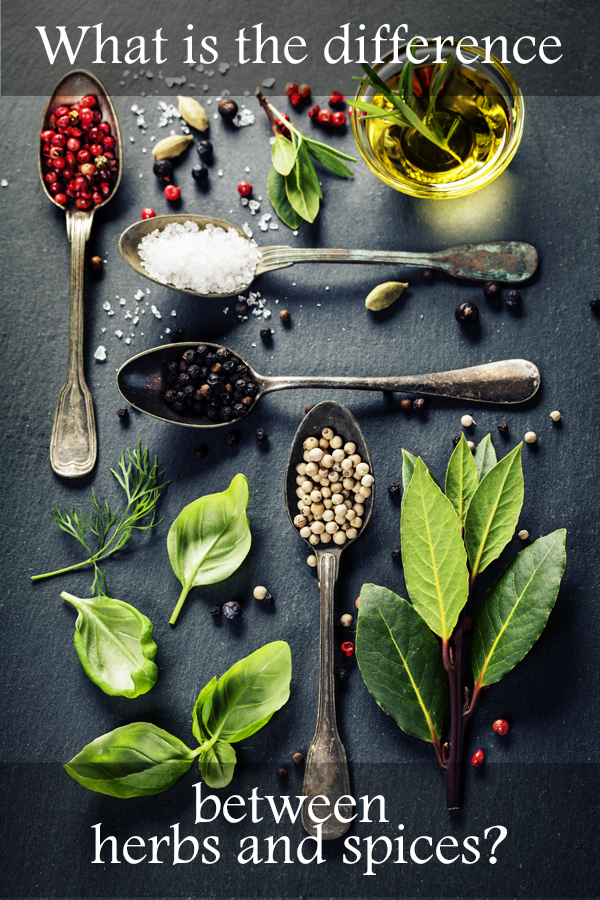

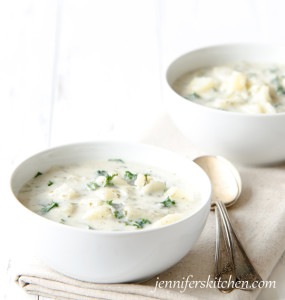
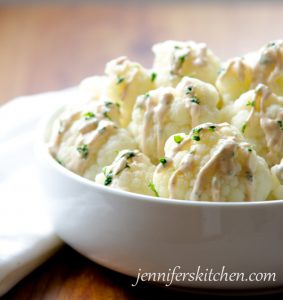

Well written Jennifer. I agree. I think the benefits of adding little to none of the irritating spices to our food far out way the pleasure one can get from their use.
I agree. And I’m thankful for how taste buds can change so as to learn to enjoy not-so-spicy food.
Thank you! I’ve often been confused on this and had some mixed feedback to my questions. Helpful list!
You are very welcome, Hope. I’m glad it was helpful.
Do you have ideas on how to make home made ice cream softer.
We made some home made ice cream from your recipe and it was good but very hard.
HELP.
Lenny & Jan.
Most homemade ice cream, and especially healthier recipes such as my non-dairy ice cream recipe , do tend to freeze harder than store-bought ice cream. The reason for this is that store-bought ice cream usually has more refined fat and refined sugar than homemade, and these ingredients make the ice cream softer. Also, many store-bought varieties use chemical stabilizers to make the ice cream soft.
Some add eggs to the mix, but that just add cholesterol and increases the fat content.
Churning it longer can sometimes help a little. But the best solution I can offer is to take the ice cream out of the freezer a few minutes before serving.
Sorry I couldn’t be of more help.
The “cinnamon substitute” recipe that I have uses coriander and cardamom.
Second, I am also confused about turmeric. The “mustard substitute” recipe that I have uses turmeric.
Third, am I to understand that we should be avoiding cayenne and cumin as well? I thought that cayenne had medicinal qualities.
I have an autoimmune condition. I want to make sure that I am not confused on these points. Maybe I need to update my recipes for these. Any comments or recommendations would be greatly appreciated.
Hi Kara,
I haven’t been able to uncover enough information about cardamom to say definitively (hence its absence from the list), but it seems that it *may* be mildly irritating, but certainly not as irritating as cinnamon.
Turmeric is also mildly irritating, but not as much as mustard. I’ve tried leaving the turmeric out mustard substitute recipes, and (in my opinion) it turns out fine.
Cayenne is very irritating, but it also has some excellent medicinal benefits. One would need to weigh the benefits and the risks in deciding whether to use it or not. There are several “natural-remedy-type” alternatives that can be used in place of cayenne, depending on what the need is.
I hope this is helpful. ?
Jennifer
An excellent article, Jennifer (thank you)! Ok, so settle a bet. Is lavender an herb or a spice? I say it’s a spice, because the only part of the plant that’s consumed is the flower (either fresh flowers or dried/ground buds). But fellow lavender farmers are adamant that lavender is an herb. What’s your opinion? Dave from Seafoam Lavender Gardens
Good question, Dave! And, unfortunately, one that I don’t have an answer to. It is in the mint family and mint is an herb … but I haven’t been able to uncover any scientific research that gives any definitive answers. Sorry.
Thanks a lot! I appreciate this